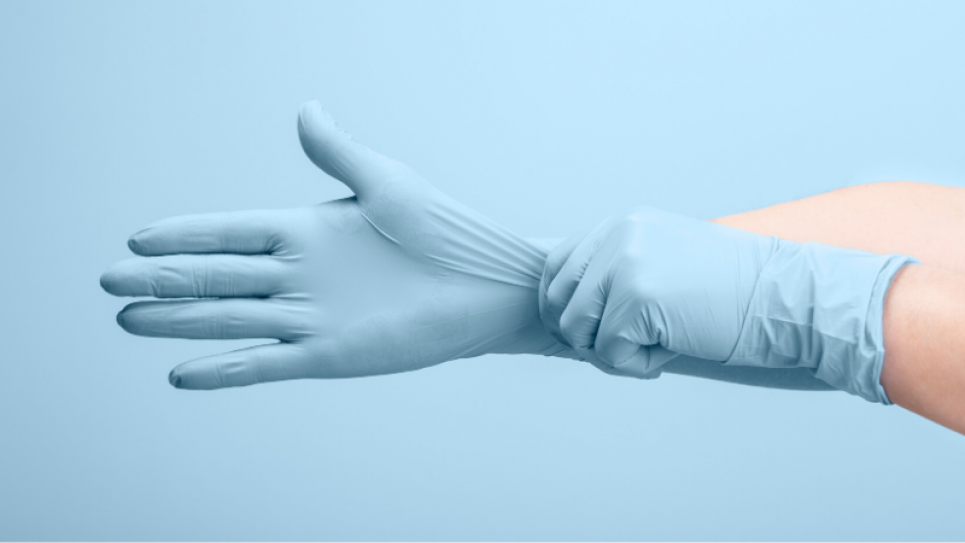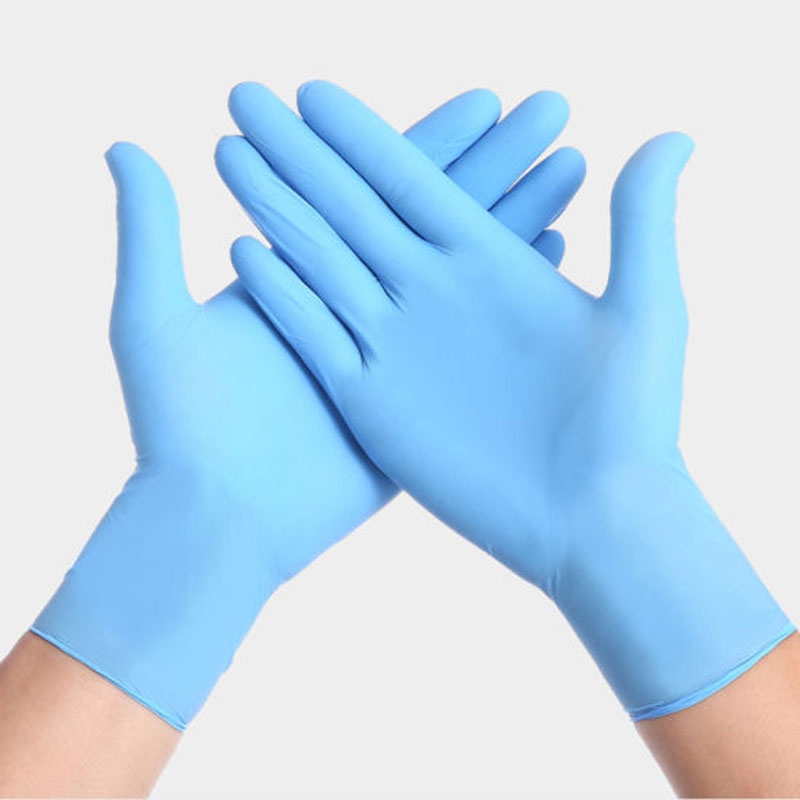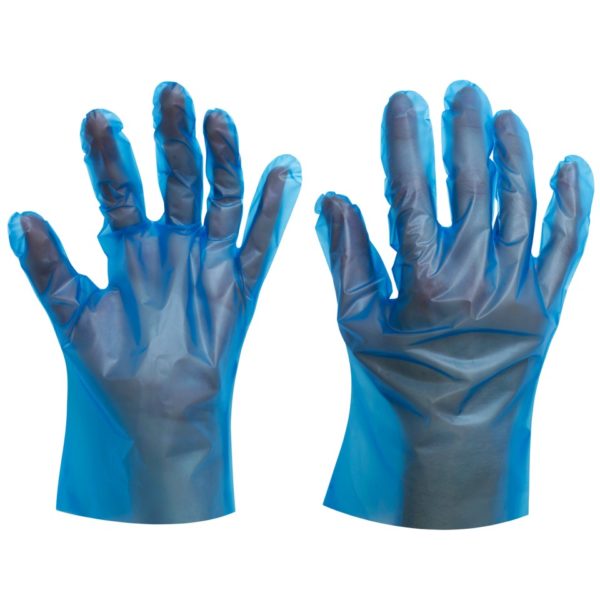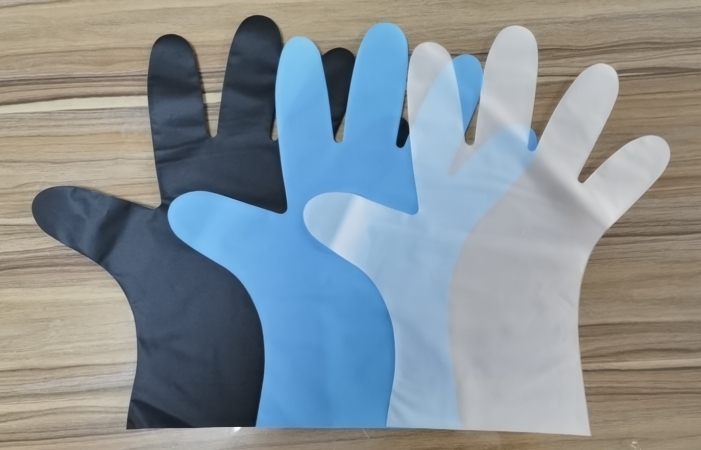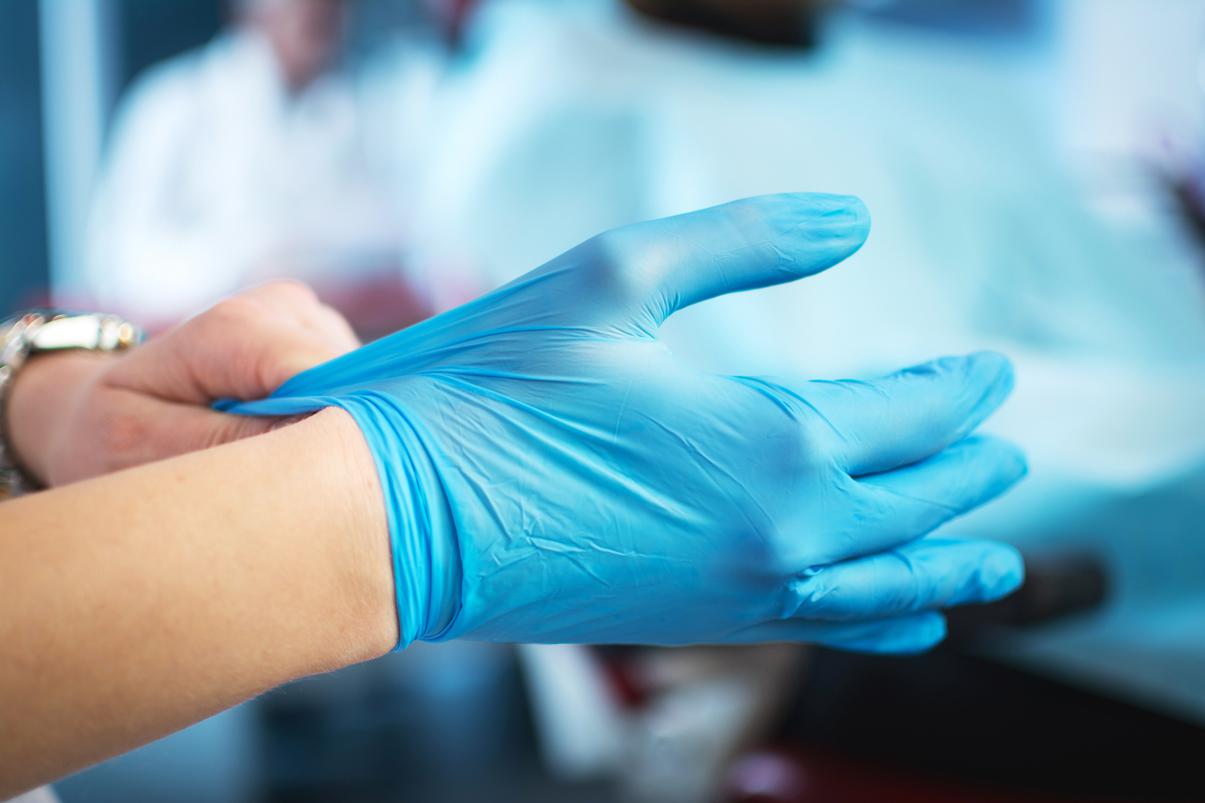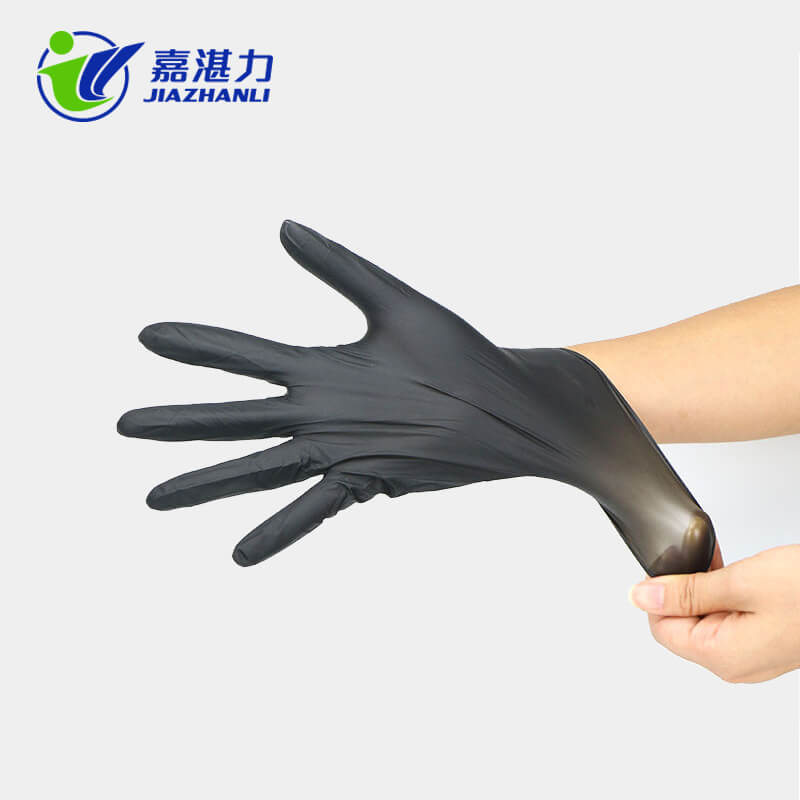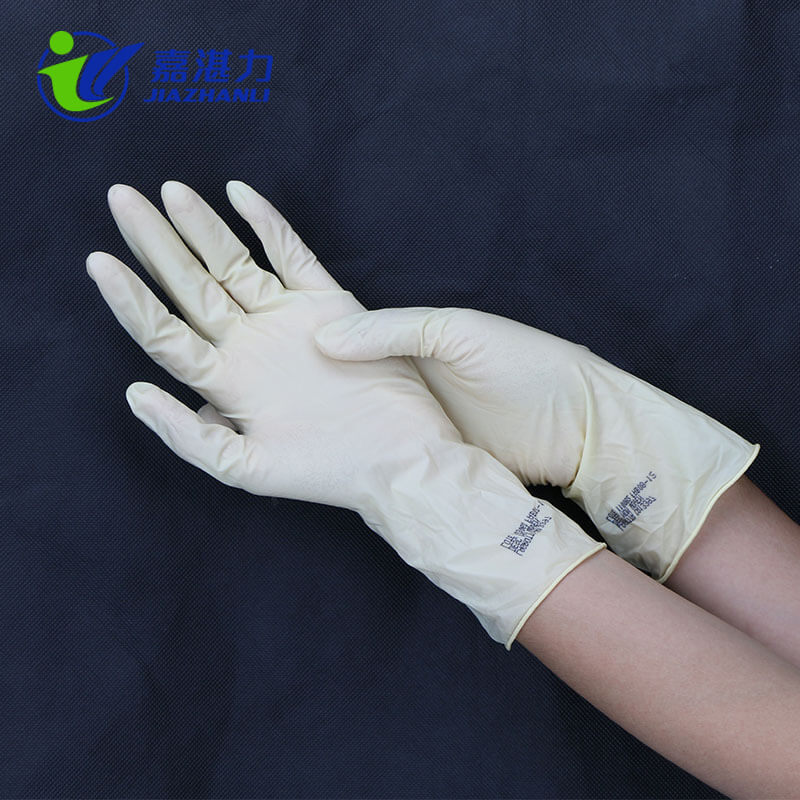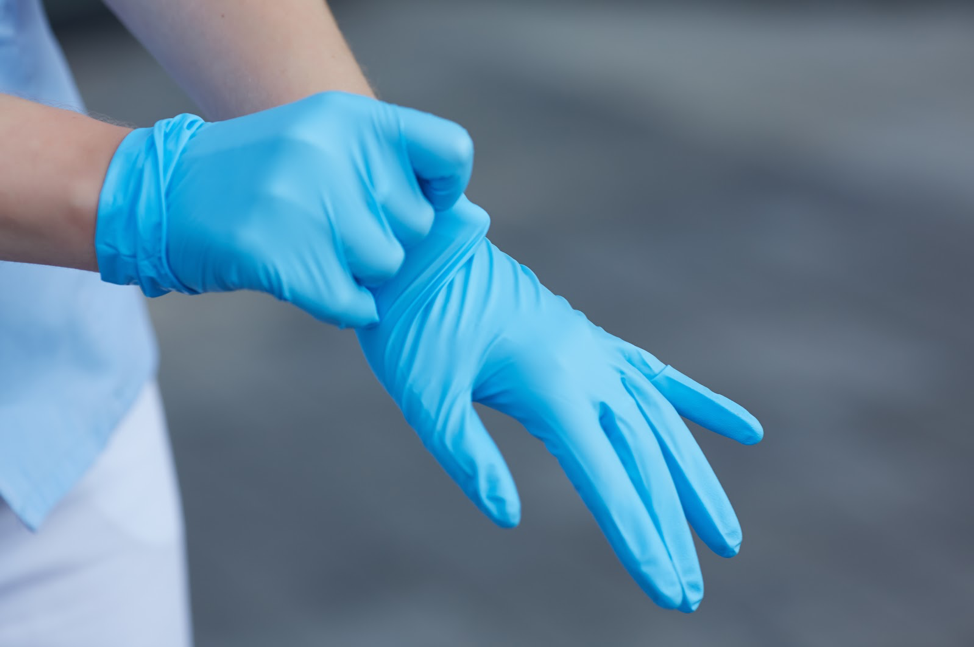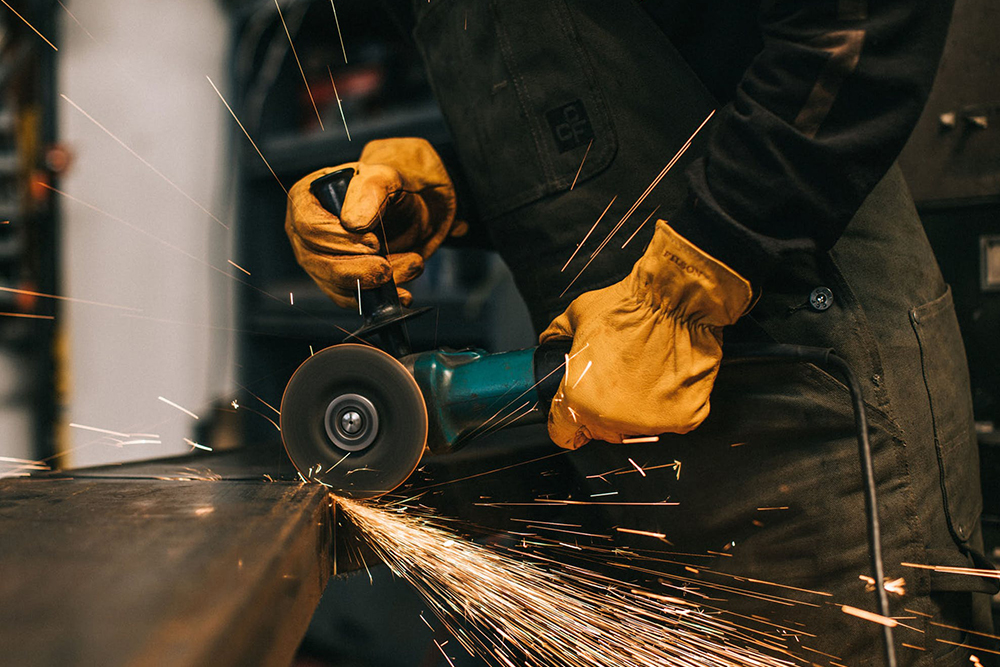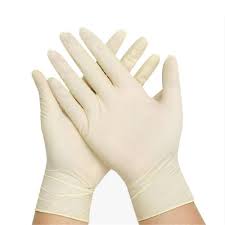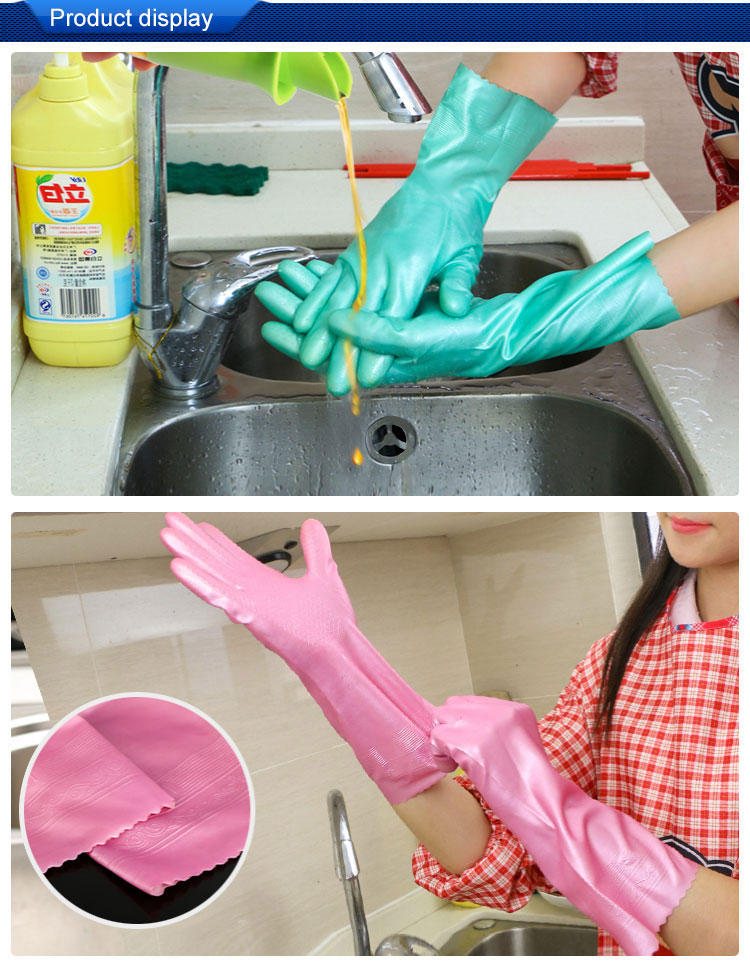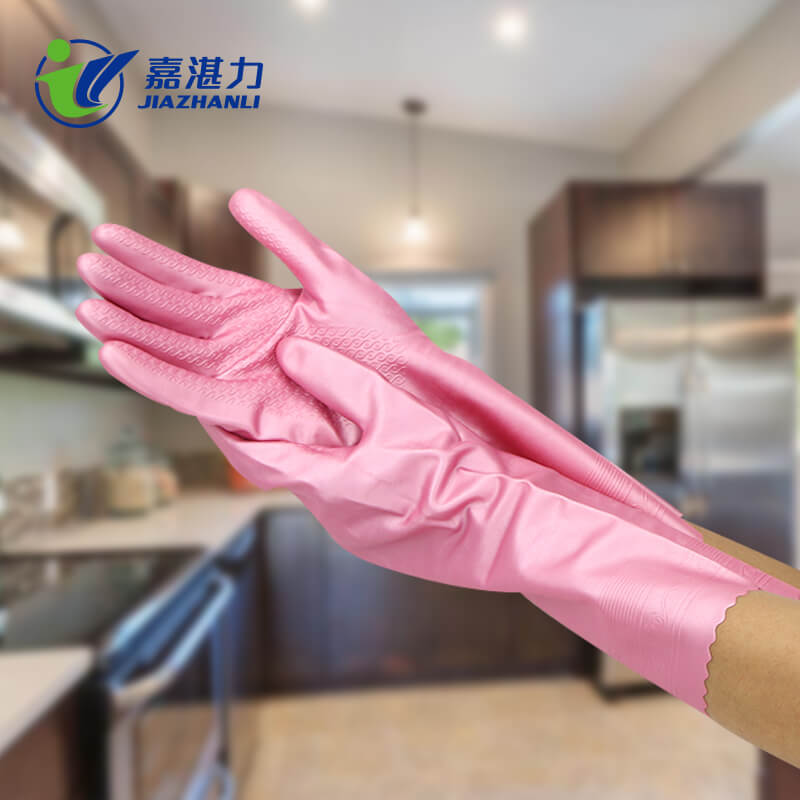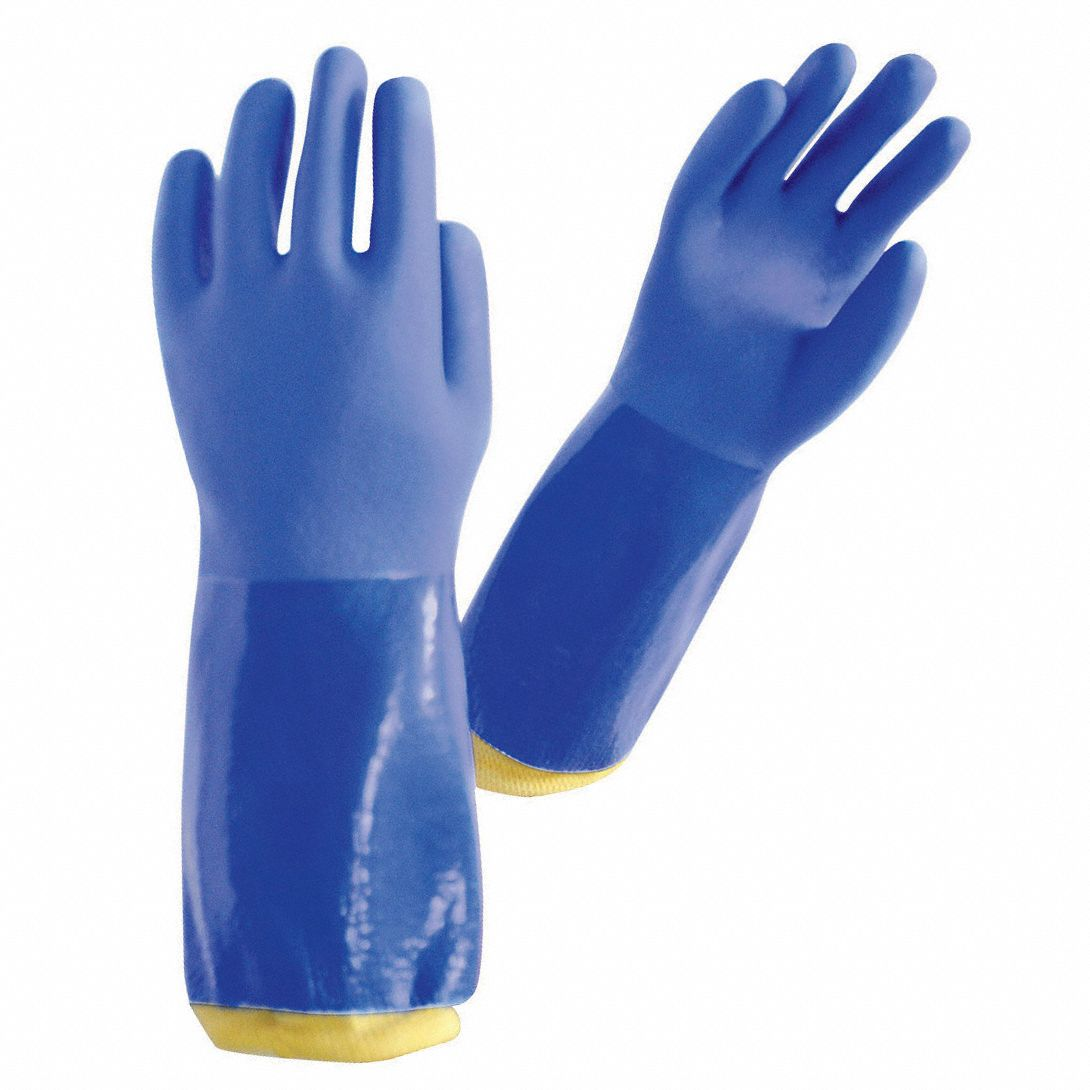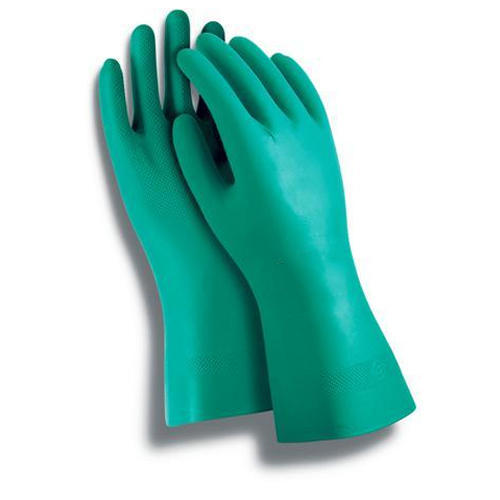Personal protective powder free nitrile gloves are falling into every field, such as powder free nitrile gloves, can be certified under the old directive until April 2019, but from that date onwards it is necessary to adapt to the new requirements.
What is powder free nitrile gloves protection standards?
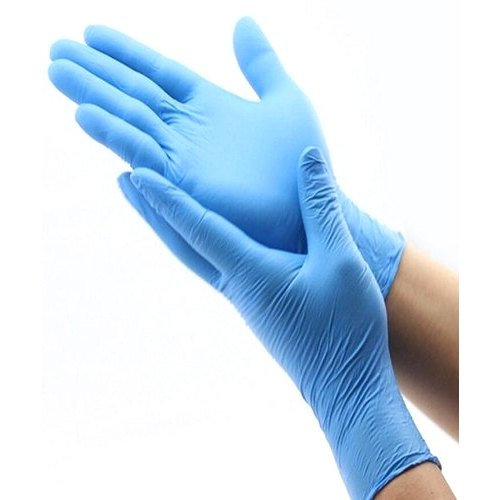
In the new standard, six parameters are common to evaluate, in addition to cut protection, the entire performance of the glove:
- a) Abrasion resistance - rated with a level from 1 to 4 where 4 indicates the best performance
- b) Resistance to blade cutting (based on the number of cycles required to perform the cut) – they come with a level from 1 to 5 where 5 indicates the best performance
- c) Tear resistance - rated with a level from 1 to 4 where 4 indicates the best performance
- d) Puncture resistance - rated with a level from 1 to 4 where 4 indicates the best performance
- e) Shear resistance (test based on the force required for cutting) - evaluated with a level from A to F, where F indicates the best performance
- f) Impact protection - expressed as passed (P) or failed
In case a powder free nitrile gloves do not come under testing level, we place a x mark on it.
To summarize the performance of a specific glove, a pictogram is common followed by a series of numbers or letters that express the level of resistance to the requirements listed above.
Official pictogram for the representation of the cut, tear, puncture and puncture protection level of an anti-cut glove
Which powder free nitrile gloves to choose?
Personal protective equipment, or PPE, such as anti-cut gloves, is always important to avoid injuries and unnecessary risks, especially when carrying out operations that involve the use of sharp or pointed objects.
This is the case, for example, in slaughterhouses or butchers 'shops, where deboning, filleting and cutting operations take place. Gloves for butchers have specific requirements and must meet the needs of practicality, efficiency and wear.
It is important that cut protection is guaranteed for all parts of the body that risk coming into contact with the blades, therefore, depending on the operations, it may be necessary to protect the entire shoulder from the hand alone.
Where to use powder free nitrile gloves?
The powder free nitrile gloves for butchers, as well as provide the necessary protection against cuts, must be suitable for contact with food in accordance with national and European regulations.
Food Grade Cut Resistant Gloves are designed to provide the highest level of cut protection. You can choose between:
The cut-proof stainless steel gloves for food, ideal for meat processing and boning
Food- safe gloves in anti-cut technical fabric for cutting operations, for cleaning cutting tools such as slicers or for handling sharp objects in general.
Gloves for food in anti-cut stainless steel
Anti-cut stainless steel glove with forearm protection for butchers and operators in the meat processing sector.
The anti-cut stainless steel powder free nitrile gloves ensure high protection and are indispensable in the most risky operations. But they also have other advantages:
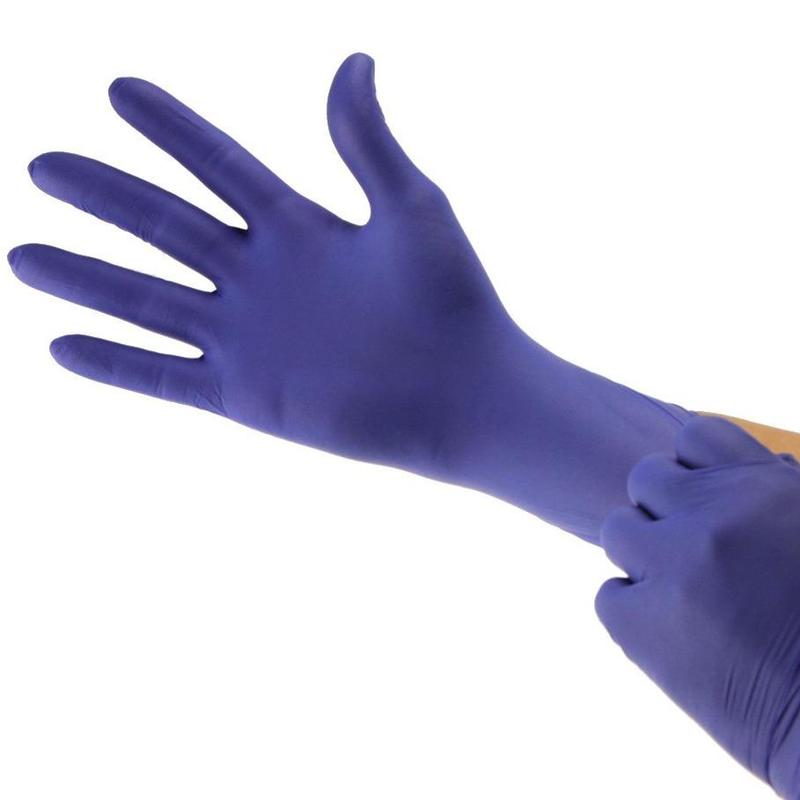
Low maintenance: the elastic strap resists washing, temperature changes and mechanical breakage, guaranteeing a practically unlimited duration.
Hygiene: stainless steel ensures unparalleled cleaning, being washable at any temperature and with any detergent.
Food safety: stainless steel eliminates problems related to plastic, such as accidental breakage and the consequent contamination of food.
Powder free nitrile gloves for food in technical fabric
The powder free nitrile gloves in technical fabric have flanked gloves, expanding their performance. The new fibers common combine the great resistance and flexibility typical of powder free nitrile gloves with resistance to heat or low temperatures and to various chemical agents.
What models of cut resistant gloves are there on the market?
The market offers different models of cut resistant gloves both in metal mesh and in fabric, which differ according to the technical characteristics and the protection offered.
Listed below are some certified professional models, designed for intensive use in the food sector.
Cut resistant stainless steel gloves:
The anti-cut glove for food is a professional glove completely come of stainless steel metal mesh and equipped with an elastic closure system also in stainless steel. The elastic strap adapts to any wrist size, always maintaining the same pressure and ensuring perfect support during all stages of processing. It is available in three versions: wrist, with 20 cm sleeve, with sleeve up to the shoulder.
Inventories that don't stop growing
Thinking of satisfying the growing demand of our customers, we have increased the existence in existing stocks. In this way we can cover the quantities of disposable gloves that our customers require, regardless of the number.
We take into account that technology continues to innovate disposable gloves, making them better and better. In order not to be left behind, we constantly renew our stop-gloves and add those that have recently arrived on the world market.
Can we recycle powder free nitrile gloves?
Unfortunately, as you may have deduced, there is bad news: that is that it is not possible to recycle them.
In fact, despite being made of plastic materials such as polyethylene, nitrile and synthetic nitrile, they are not part of the packaging family and for this reason their recycling is not possible.
So with gloves. But can it be, gentlemen of the court? In recent times in many supermarkets the gloves have not even been found anymore. The bags go with their hands drawn, with the shop assistants to tell you, repeatedly, looking up, put them on. And the voice inside the supermarket to repeat it.
Summary
Same thing goes for powder free nitrile gloves. Therefore same rule. They throw themselves into the undifferentiated.
Natural nitrile rubber gloves are fully compostable. The natural nitrile common comes from responsibly managed and FSC certified rubber tree plantations.
They are also comfortable thanks to their textured pattern on the fingertips and palms which allows for a better grip.
